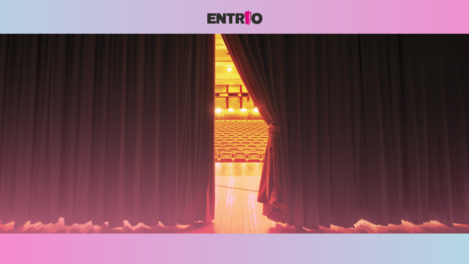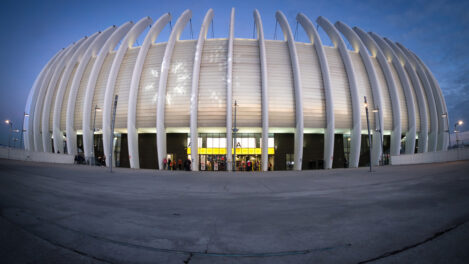Post pandemic trends in the event industry dictate some new ways of approaching to the event organization.
Reading time: 6 min
As the worst pandemic days are behind us, we are enjoying in many colorful events! After months of constant cancellations and postponements, the organizers inevitably started adopting new models of even organization and adapted to the market trends that diametrically changed during the pandemic.
Organizing an event is a complex, expensive and a high-risk process that must be designed to meet the expectations of its target audience. Various events such as festivals, concerts or exhibitions are considered to be excellent opportunities for encouraging the growth and development of small and large local communities.
Post Pandemic trends in the event industry
New ways of organizing events.
In order for the industry to survive, many creative event experts have come up with new ways to keep the event industry going. Even though the pandemic will soon belong to the history, we bring you several innovative event creation options: drive-in events, online events, hybrid events, balcony concerts, culture on wheels and so on. further.

Late Bird Tickets.
Due to the pandemic, the tradition of buying tickets in advance has been replaced by last-minute tickets. If the corona has taught us anything, it is that we cannot plan anything in advance. We can’t even count how many festivals, conferences and concerts have been canceled or postponed due to the corona virus. Shrouded in uncertainty, the audience decided to buy their tickets right before each event. In order to minimize the risk of cancellation, Early Bird tickets have been replaced by Late Bird tickets. We are curious to find out if trends will change again!
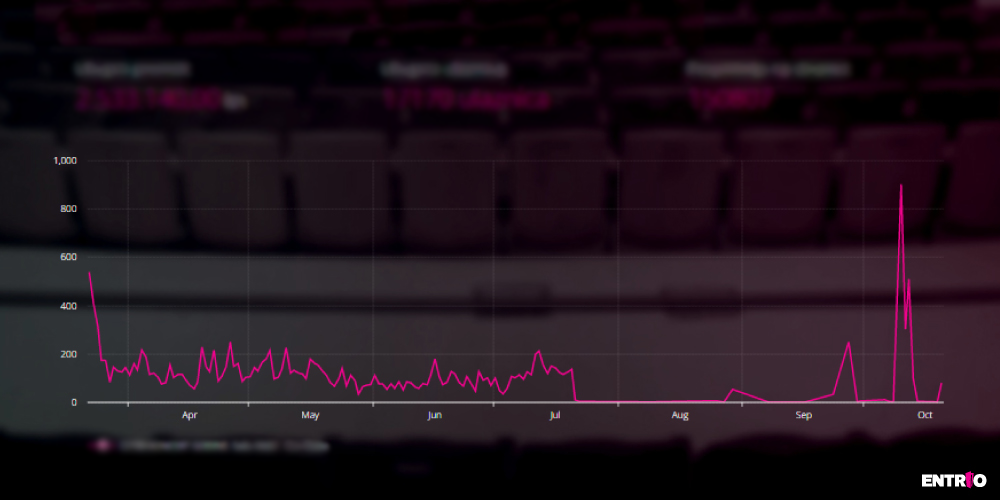
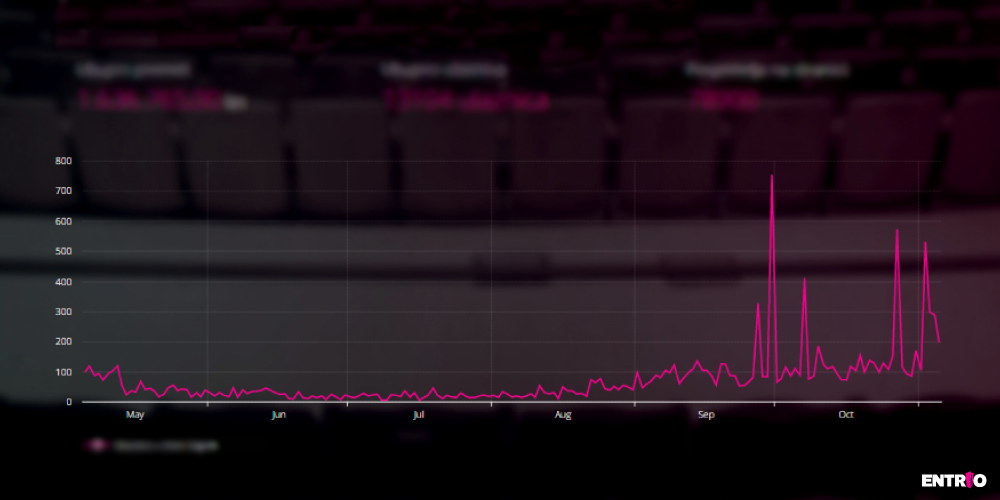
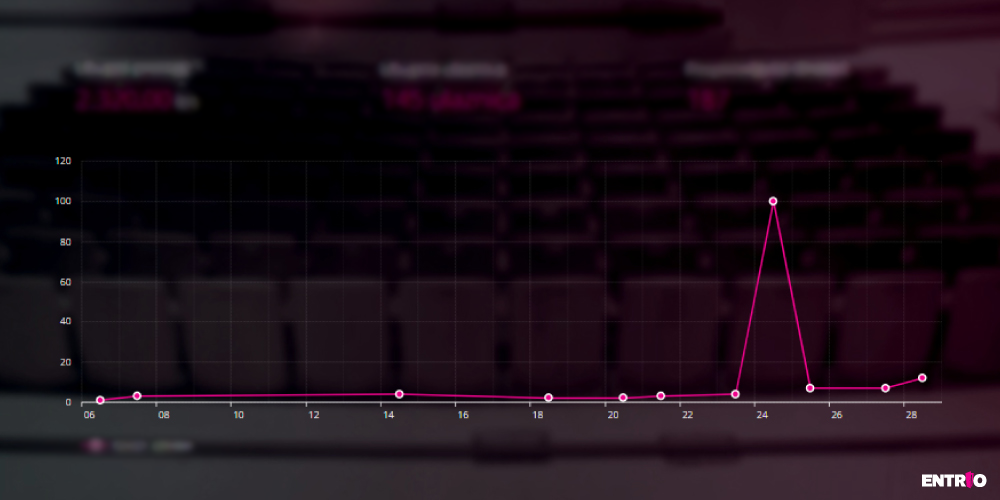
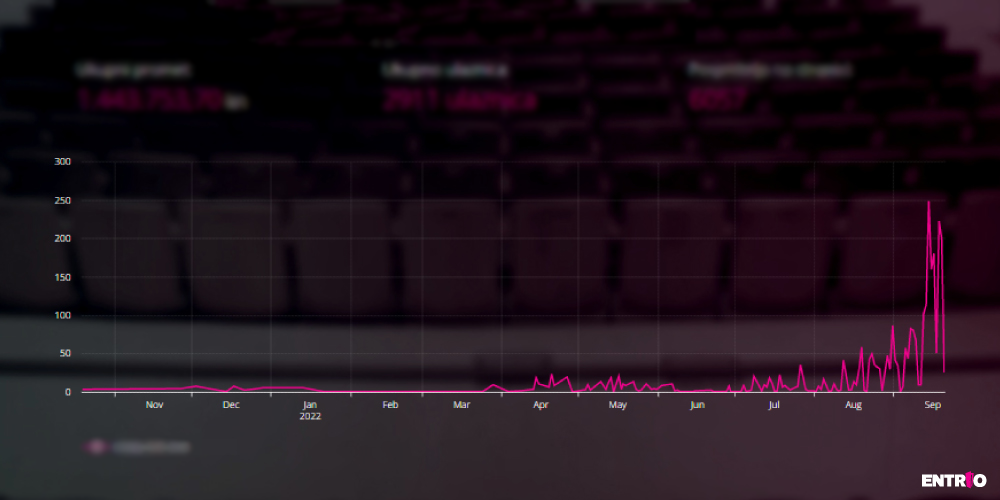
Event organization with the risk of not being held.
Event planning must run flawlessly, regardless of whether it will happen or not. An already stressful process becomes even more stressful considering that the possibility of its maintenance is questionable. Taking all the necessary measures and actions to successfully hold the event includes a series of micro-activities that are often dependent on various factors – audience preferences, location availability, weather conditions, etc.
Sustainability (ecological and economic).
In recent years, the topic of ecology and environmental awareness has become extremely important. The high level of environmental pollution encouraged many organizations, institutions and associations to initiate concrete and systematic changes with the aim of environmental protection. An ecologically sustainable approach to the event organization has become part of many concerts and festivals. For example, reducing the use of plastic materials in such a way that people drink from one glass all evening at events. A deposit is paid for the glass at the beginning of the event, which is returned to the customer at the end of the event.
Small events.
Smaller events represent less risk for organizers. In case of cancellation, a large number of sold tickets inevitably creates big number of problems – financial imbalance, spending time to reorganize the event to another date, or, in case of complete cancellation, it takes a bunch of time to completely return ticket money to customers.

Flexibility.
When new Covid measures were introduced to the public every day, a large dose of quick flexibility and efficiency was expected from the organizers. The possibility of last minute changes exists at any given moment and precisely because of this the organizers must be ready for action (reducing places, increasing the number of places, etc.).
Inflation eats customer’s wishes!
This is not a trend, but it is definitely a challenge that organizers face. Like the visitors themselves, the event organizers eagerly awaited the easing of pandemic measures and the permission to restart various projects. Customers can now choose from various events, but their financial strenght and an ability to pay a ticket is now so much weaker than it was in the pre-pandemic period.
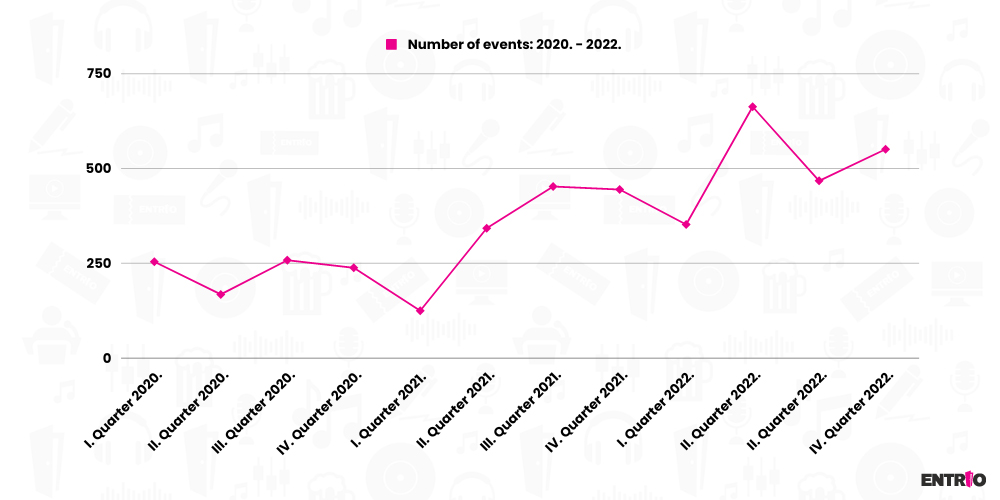
Visitor’s habits have changed.
Confined to their homes, potential visitors to the event initially resented turning their homes into centers of work, learning and entertainment. However, people eventually get used to the most unusual situations, such as pandemic measures. They soon began to appreciate their home as the center of many activities that they used to do outside the home, the disproportion of a large offer of events, high ticket prices and people’s newly created habits is a challenge that all organizers face. In order to adapt to people’s habits, the organizers started organizing online and hybrid events.
To conclude.
Dynamic and unpredictable by nature, the event industry has faced many serious challenges in the last few years. Successfully overcoming them was a demanding task. With the easing of pandemic measures, many organizers cheered up their loyal visitors with schedules of numerous events.
For all questions and suggestions, contact us! 😃
Author: Jana Maljoku

